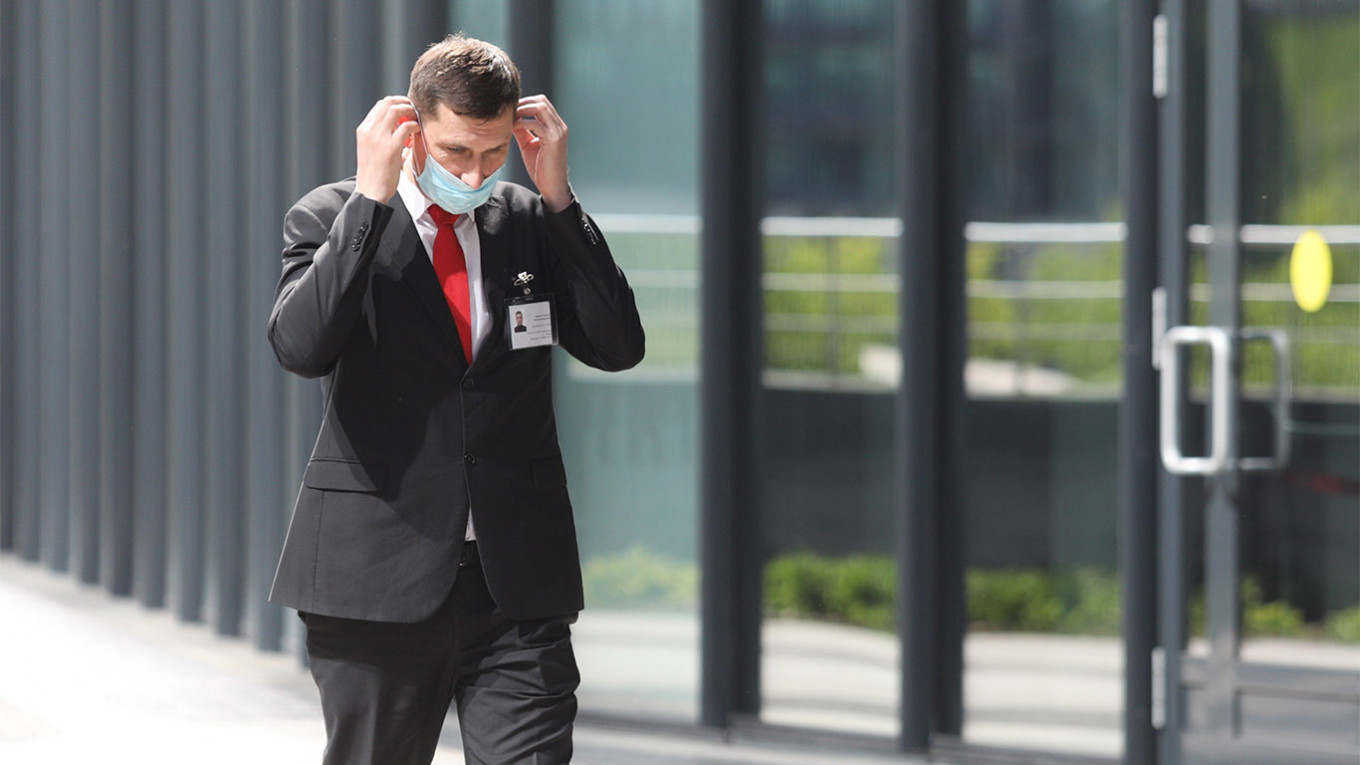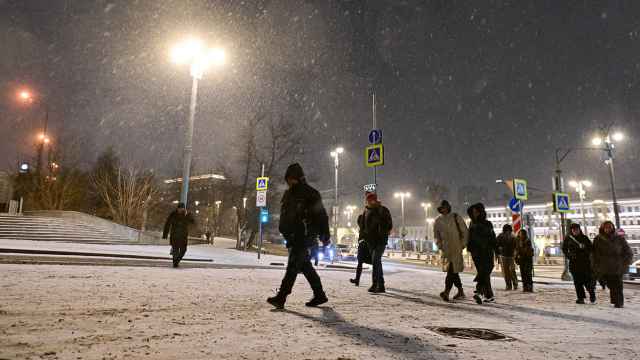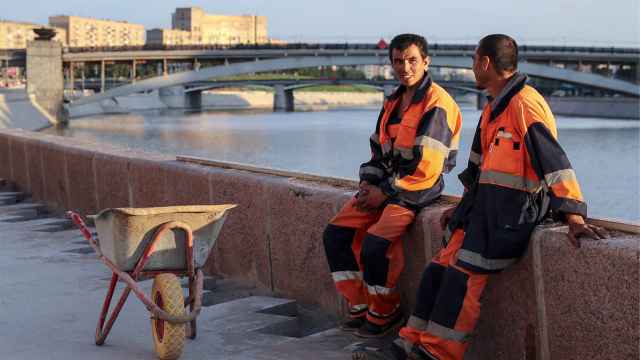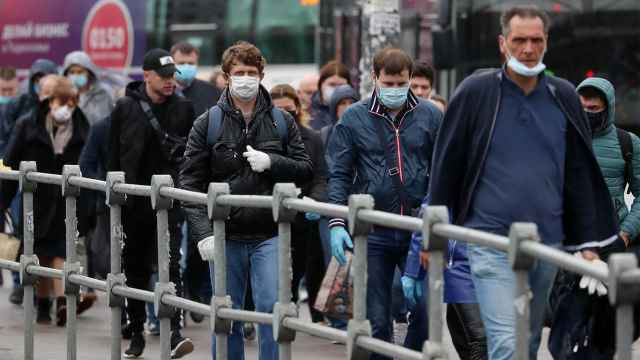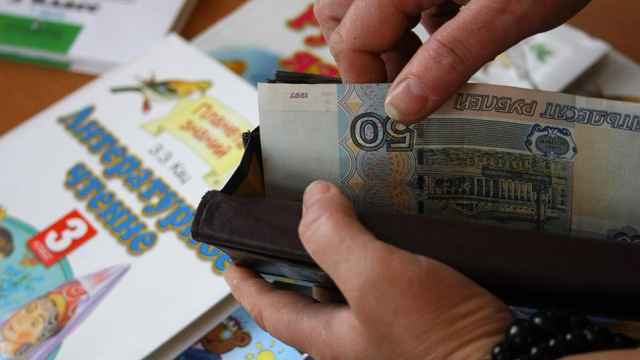Russia’s official level of unemployment has risen by 30% since the start of the coronavirus pandemic, deputy prime minister Tatiana Golikova said Wednesday.
The jump takes the number of those registered out of work to 1.7 million — although economists say the real numbers could be three to four times higher.
The Russian government has made preserving jobs its top economic priority in its response to the coronavirus, but support for companies has been limited.
Businesses in the most-affected sectors are able to access interest-free loans to cover part of every employee’s salary, which are then written off if employment is maintained at 90% of pre-crisis levels. However, the scheme is only available to firms the Kremlin designates as operating in a severely affected industry, and the maximum loan amount is capped at the equivalent of one minimum wage payment — 12,130 rubles ($169) — per employee per month.
Some economists believe that with the peak of financial volatility seemingly having passed, the Russian government may feel more inclined to boost its economic response.
“The size of the fiscal response remains smaller than in most major countries, but is gathering pace. The recent recovery in the oil price to $30 a barrel also supports this, allowing for a more material fiscal response without risking the depletion of Russia’s national welfare fund (NWF) reserves,” economists at Deutsche Bank wrote in a recent research report.
Russia had $165 billion in its NWF at the beginning of April — equal to 11.3% of GDP. When oil prices are below $42 a barrel, funds are transferred from the NWF to the government’s daily budget to make up for the loss in tax revenues from oil exports. Ministers have been reluctant to dip into the NWF to support a more substantial economic response to the crisis for fear it would drain the reserves too quickly.
Various economic reports have shown that living standards are set to be the main victim of the economic crisis without more significant intervention from the Kremlin.
In a reversal of what happened during the 2008-9 global financial crisis, Moscow’s Higher School of Economics (HSE) showed disposable incomes would fall at 1.5 times the rate of overall economic output in 2020 — a 12% drop in spending power compared to an 8% fall in GDP under its pessimistic scenario.
On an aggregate level, the crisis is expected to wipe out 20% of Russians’ disposable income in the second quarter of 2020, compared with the same period last year, the report added, with government support cushioning the fall by only 2.2 percentage points.
A Message from The Moscow Times:
Dear readers,
We are facing unprecedented challenges. Russia's Prosecutor General's Office has designated The Moscow Times as an "undesirable" organization, criminalizing our work and putting our staff at risk of prosecution. This follows our earlier unjust labeling as a "foreign agent."
These actions are direct attempts to silence independent journalism in Russia. The authorities claim our work "discredits the decisions of the Russian leadership." We see things differently: we strive to provide accurate, unbiased reporting on Russia.
We, the journalists of The Moscow Times, refuse to be silenced. But to continue our work, we need your help.
Your support, no matter how small, makes a world of difference. If you can, please support us monthly starting from just $2. It's quick to set up, and every contribution makes a significant impact.
By supporting The Moscow Times, you're defending open, independent journalism in the face of repression. Thank you for standing with us.
Remind me later.


